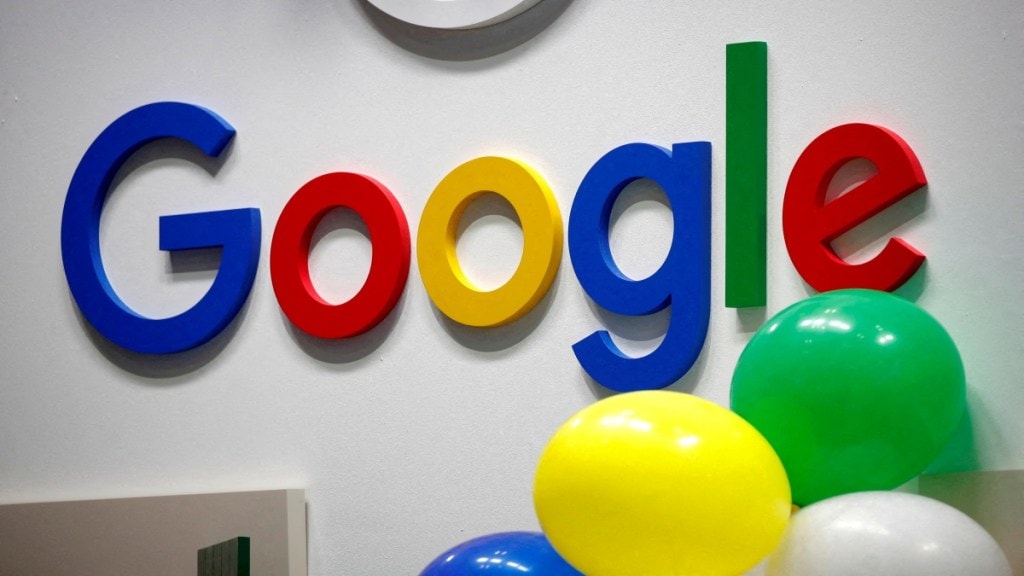Recently, Google made changes to its privacy statement, making it clear that it retains the right to scrape virtually everything that one puts online in order to develop its artificial intelligence (AI) technologies. This implies that if Google is able to read your words, presume that they now belong to the firm and that they are feeding them to a chatbot.
Also Read: Google Pixel 8 Pro leaked! New rear camera setup, body temperature sensor tipped
The revised Google policy states that “Google uses information to improve our services and to develop new products, features, and technologies that benefit our users and the public. For example, we use publicly available information to help train Google’s AI models and build products and features like Google Translate, Bard, and Cloud AI capabilities.”
Google, fortunately, keeps track of all of the times its terms of service have changed. The new phrasing clarifies additional ways that the internet giant’s AI systems might utilise your online musings, amending a previous policy. The previous policy just vaguely referred to Google Translate, Bard, and Cloud AI, but now the policy mentions that the data will be used for language models rather than AI models.
This provision in a privacy policy is unusual. These policies often outline how a firm utilises the data you post online. In this case, it appears that Google reserves the right to collect and use any publicly available data, as if the internet as a whole were its own artificial intelligence (AI) testing field.
Though the policy outlines certain things concretely, it does raise some interesting questions. While we engage on the internet, especially to maybe post or write something, we have this notion that whatever goes on as a public post is the only stuff available publicly. But now, one needs to be ready to understand that the question is not about a public post but about what it means to write anything online. It is now very well possible that the long forgotten blog post that you wrote as a 15 year old or perhaps your review of the last hotel you stayed might be fed to these large language models like Bard and ChatGPT.
Also Read: Google to retire Play Movies and TV after more than ten years of service; replacement announced
All of this does raise the question of where these models source their information from. Google’s Bard or OpenAI’s ChatGPT have scraped enormous chunks of the internet to train their models. Though it is still not clear if such scraping is legal or not, it is possible that in the coming days we may experience legal battles being fought in courtrooms on the question of copyright.
Follow FE Tech Bytes on Twitter, Instagram, LinkedIn, Facebook.







